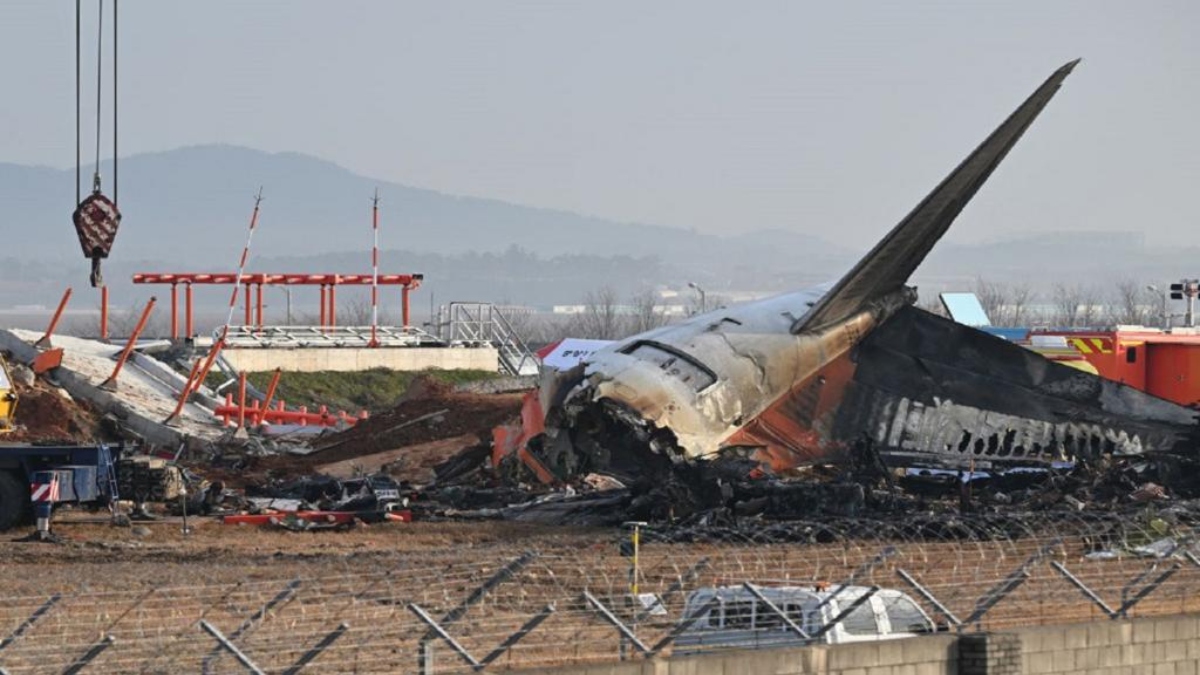Authorities from South Korea and the United States have launched a joint investigation into the crash of a Jeju Air Boeing 737-800 at Muan International Airport, South Jeolla Province, which claimed the lives of 179 passengers and crew. Aviation expert Robert Clifford, a Chicago-based trial attorney specializing in airline crash cases, expressed doubts about a bird strike being the cause of the tragedy.
Clifford, who is currently representing families of victims in lawsuits against Boeing over the 2019 Ethiopian Airlines crash involving a 737 Max, emphasized the importance of examining the aircraft’s digital flight data and cockpit voice recorders to determine the root cause of the incident. He suggested that the crash likely stemmed from a mechanical issue rather than a bird strike.
“A bird strike is unlikely to have affected the landing gear deployment or caused a hydraulic failure,” Clifford explained in The Korea Herald report. He pointed out that even if bird strikes led to engine power loss, the aircraft’s hydraulic systems should have remained operational, highlighting a potential flaw in the system.
Clifford noted that such a mechanical defect could have serious implications for the global aviation industry. He urged investigators to focus on recovering and analyzing flight recorders to uncover what went wrong.
The aviation expert also warned against premature conclusions, criticizing efforts to attribute the crash solely to a bird strike. “Boeing’s public relations strategy often shifts focus to external factors like bird strikes, but investigators must stay diligent,” Clifford stated.
Families of the victims are encouraged to seek legal advice promptly, as the potential for wrongful death claims under South Korean law remains uncertain until more details emerge. Clifford also advised families to monitor updates on the investigation closely.
Under international aviation standards, a preliminary report on the crash is expected within 30 days, with a final report to be issued within a year, pending completion of the probe.






